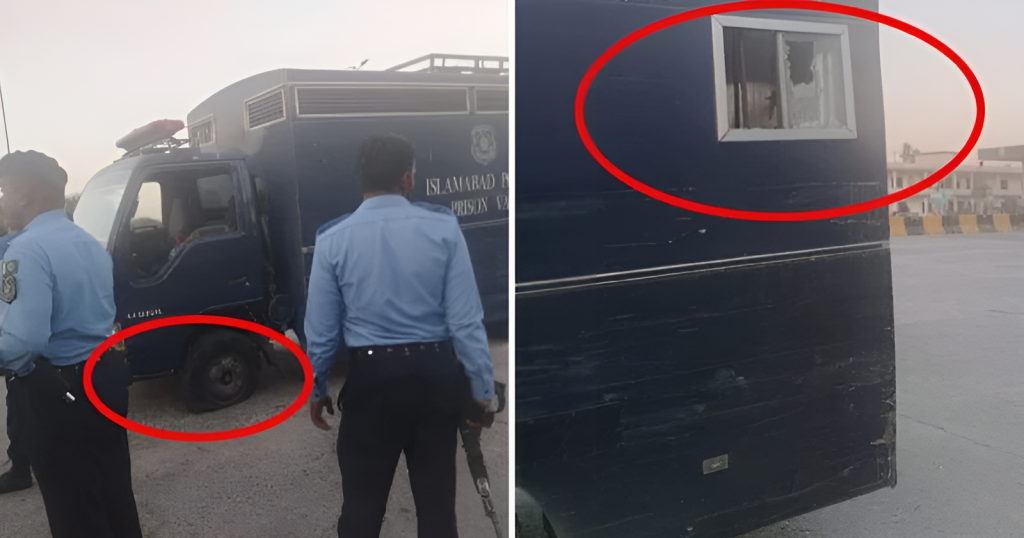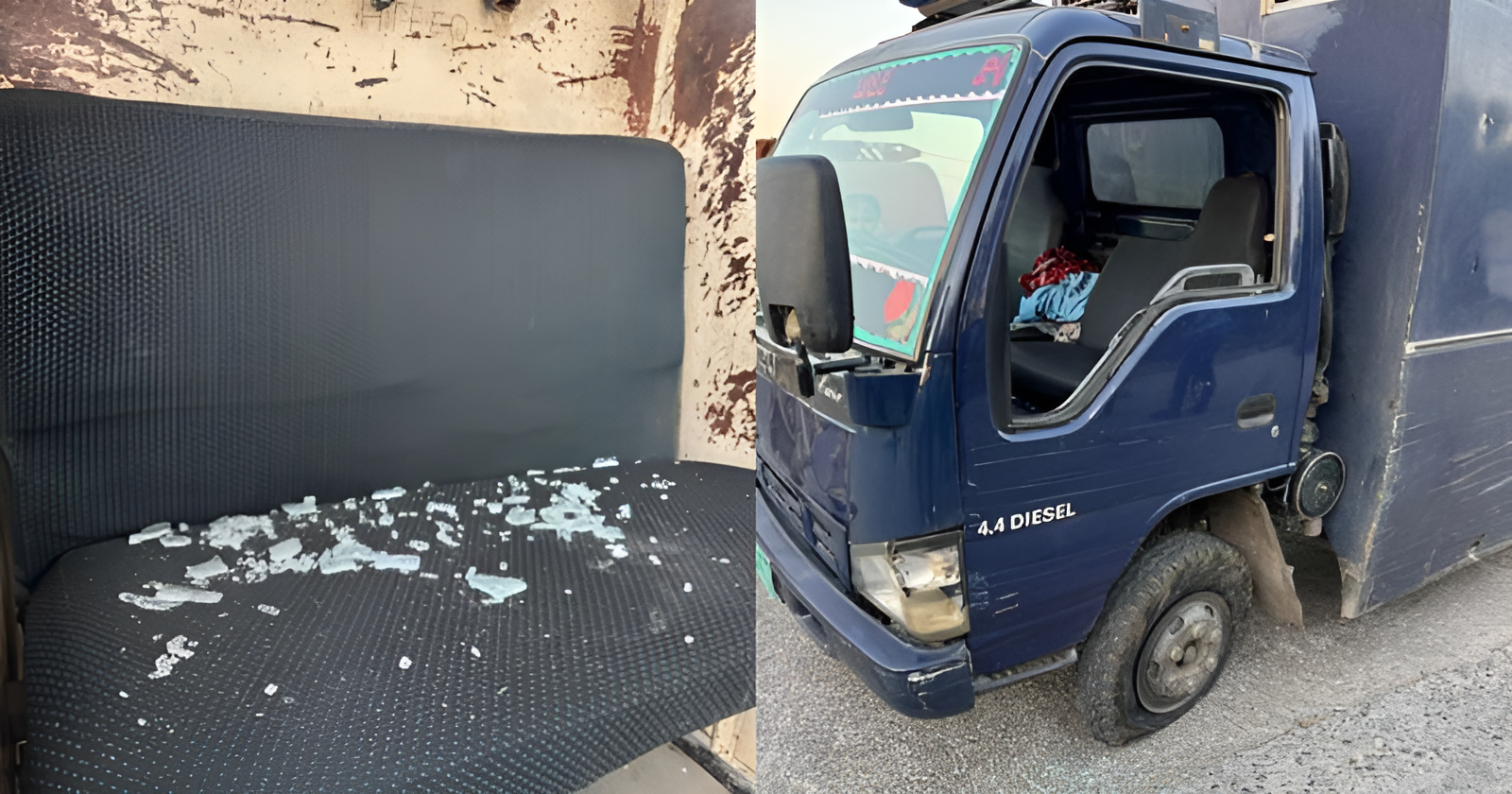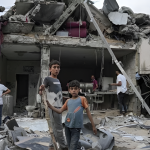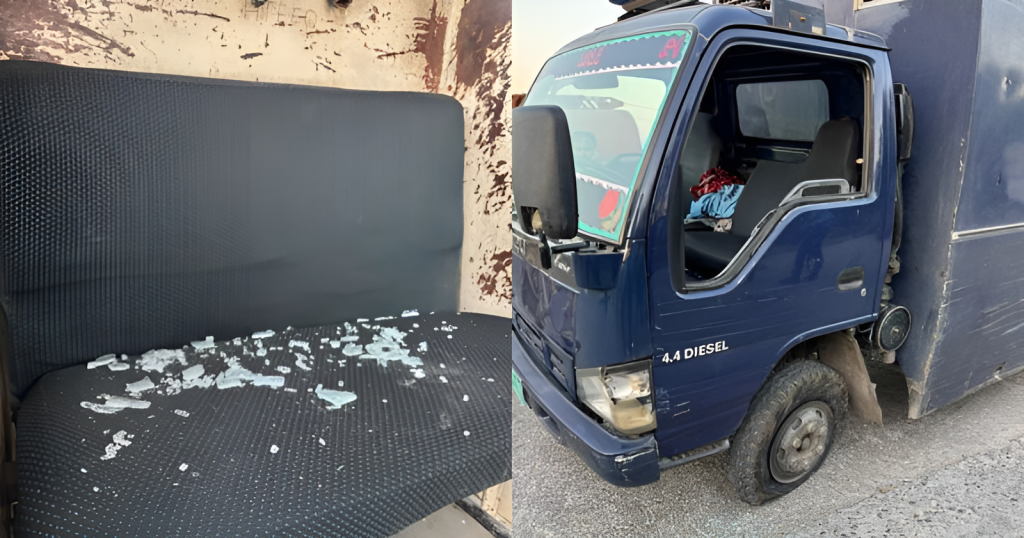
In a striking display of coordinated violence, a convoy of three prison vans transporting 82 detainees—Pakistan Tehreek-e-Insaf (PTI) lawmakers, government officials, and police personnel—was ambushed near Sangjani Toll Plaza, outside Islamabad. This brazen attack has not only highlighted escalating tensions but has also sparked a heated exchange between PTI officials and law enforcement agencies, each side presenting conflicting accounts of the day’s events.
The assault, according to police sources, was carried out by approximately 20 armed individuals who ambushed the convoy as it approached Sangjani Toll Plaza. Equipped with firearms, sticks, and stones, the attackers fired upon the vehicles, deflating tires and shattering windows in their attempt to destabilize the convoy. As a result, four policemen were wounded and quickly transferred to the hospital. Despite the chaos, law enforcement managed to detain four attackers on the scene and seized vehicles and weapons allegedly used in the ambush. In a statement, Inspector General (IG) Islamabad Police Ali Nasir Rizvi confirmed the return of all 82 prisoners to custody, who had initially attempted to flee during the attack.
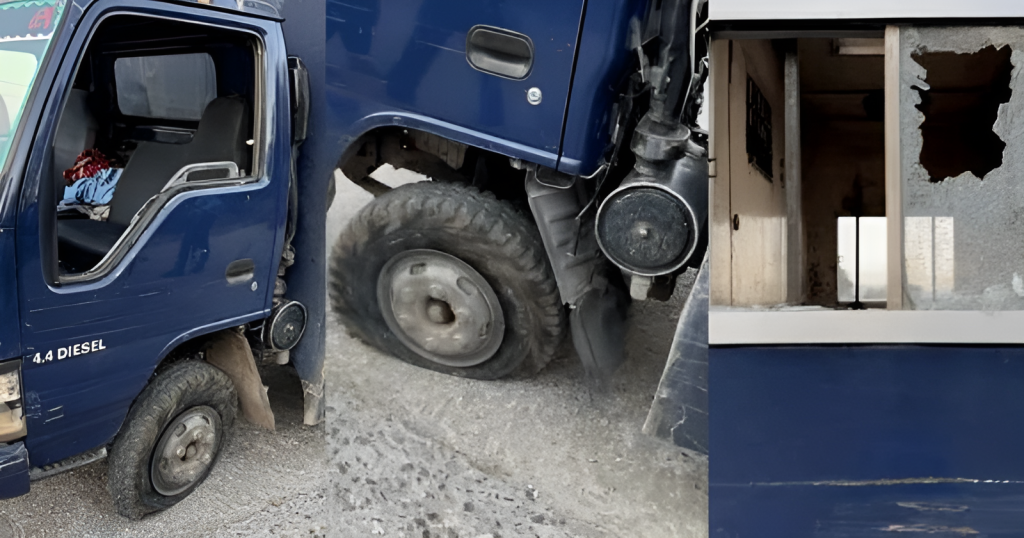
The 82 detainees, including two PTI lawmakers, had just attended a court session where they were discharged from the D-Chowk protest case, as their identities were already known. Initially detained during an October 4th PTI rally in Islamabad, they faced renewed detention under a new case filed by the Secretariat Police, extending their legal ordeal.
Sheikh Waqas Akram, PTI’s Information Secretary, called the incident an orchestrated “drama” to create additional charges against party members. He claimed the prison vans had been diverted to Tarnol police station, where officers allegedly broke vehicle windows, pulled detainees out, and urged them to flee. When detainees refused, Akram alleged, police intended to use this as grounds for further cases.
Khyber Pakhtunkhwa (KP) Chief Minister Ali Amin Gandapur voiced similar skepticism, labeling the Sangjani incident as a pre-planned setup aimed at tarnishing PTI’s image. He issued a warning to Islamabad authorities to ensure safe transport of detainees or face potential repercussions from the KP administration.
Information Minister Attaullah Tarar claimed that the Sangjani ambush was a “planned-out attack” orchestrated by PTI to free detainees, citing the May 9 riots as evidence of the party’s history with violence. Tarar praised law enforcement for rearresting all 82 prisoners and criticized PTI’s claims of police involvement in the escape attempt as baseless. He emphasized that the “writ of the state” would be upheld, and attackers, including any involved political figures, would face full prosecution.
The Sangjani incident underscores Pakistan’s heightened political tensions, with PTI alleging unfair targeting while the government accuses PTI of fostering violence. The incident raises questions about law enforcement and the judicial system, as authorities continue search operations to capture suspects involved in the ambush.
In a broader context, the Sangjani episode reflects the growing polarization in Pakistan, as political narratives continue to clash, each side rallying public sentiment. As tensions simmer, the incident serves as a reminder that upholding the rule of law and maintaining public trust are essential to stabilizing the nation’s political climate. Only through transparent, unbiased investigations and adherence to judicial due process can such events be prevented from spiraling into larger conflicts.
